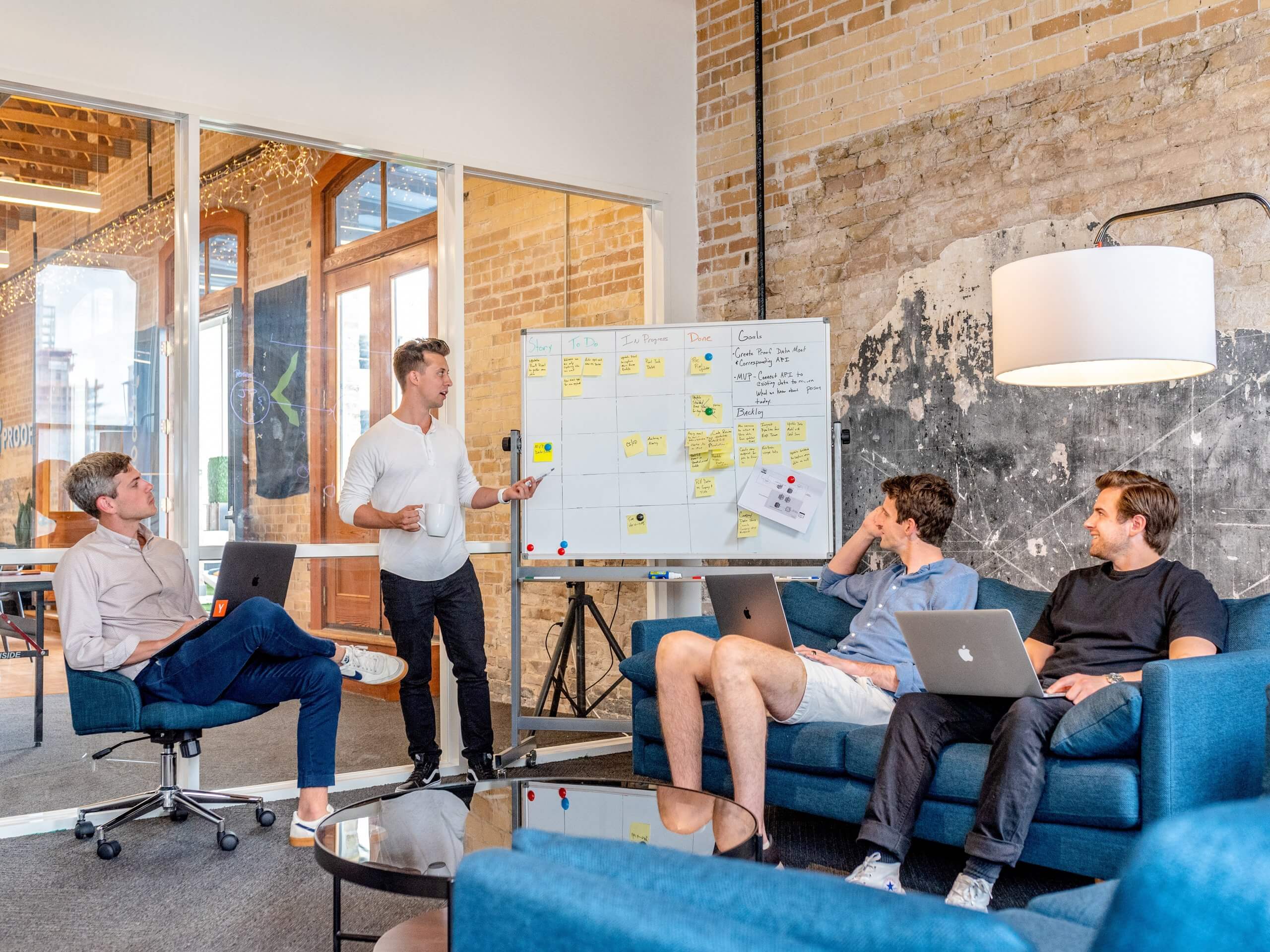What is your educational background? What was defining in your academical development?
I am a graduate of the West University of Timișoara, with a B.A. in “Communication Studies and PR”, followed by a Master’s Degree in “Communication and Conflict Resolution”, as part of the first alumni cohort of this particular specialty. Both stages were beneficial to me, because they provided me with an opportunity to delve deeper into previously-held areas of interest, while also stirring my appetite for more technical areas, which have proven useful to this day. Apart from the formal set-up, I recall a referential read when about to enter high school: Daniel Goleman’s “Emotional Intelligence”. The perspectives that opened up for me, through that encounter, have turned into a silver lining of my professional journey ever since. Further on, when starting to work, I’ve had numerous opportunities to build upon my communication and conflict management skills and competencies, by participating in various training courses (all over the European territory), which had a strong cultural impact, as well.

Which activities do you gravitate towards in your free time?
“Free time”, in what concerns me – and I may be right to think many others can relate – has been downsized in the more recent years. This makes me appreciate the worth of simple things, while being aware of how great it is to be in and enjoy the moment. It’s things such as the contact with nature (though not the adrenaline-inducing one) and reading that I enjoy. I also gave photography a try – images that “speak”/“move” under our very gaze fascinate me, but this is a time-consuming hobby which I don’t afford at the moment. It is, however, complementary to travel – another source of energy for me: roaming around streets of the world.
How would you describe yourself on a personal level?
I’ll be frank in admitting that, for someone in a managing role, I am surprisingly relaxed with people and life in general. Having this ease going about things enables me to enjoy (almost) all of life’s experiences – planned or spontaneous – with utmost intensity. This relaxation is kept in balance by my ability to engage and focus personal abilities on tasks, all the more so when this is done to the benefit and personal development of others (and, implicitly, my own). I get a thrill out of being challenged on my assumptions and have my horizons open up upon having contact with alterity – be it culturally, culinary, intellectually or ethically different.
What keeps you motivated on the job?
I was anticipating the answer to this already, by saying that a primary catalyst for me is development: the self-development of those I can interact with and affect. The more experience I gain, the more I assimilate of this challenge: to push my own limits, to leave things a little better than I found them, to do things today a little better than I did yesterday, and to bring value to the place I am in. Not surprisingly – considering the website hosting this interview – Ascent offers the ideal climate for all of these challenges to come to fruition. What makes the picture complete is the mutual trust and reciprocity that drives our team.
Are there any guiding principles that you guide yourself by, especially during rough patches, that you could share with us?
If I do, I think they’ve taken shape, throughout my life, custom-tailored to my profile and needs, so they might be of little relevance to anyone else reading this dialogue. A simple yet effective method I employ, which I’ve borrowed from mountaineering, is the small steps method, which teaches us that when going for the peak (or facing an apparently insurmountable obstacle), small steps are still steps taking us further, one foot at a time. What seemed impossible to approach at first slowly becomes coherent and manageable, maybe even ushering positives into our lives. My tendency to view things as such probably comes from my deeply held conviction that everything converges for our good, if we are open to learning the lessons of each experience along the way.
What made you choose your current field of work?
I am, without a doubt, a humanist, and I’ve been so inclined since my teenage years. Throughout my development along time, the preoccupation with people, ideas, and learning, and the way these elements interact have all interplayed and – in retrospect – they’ve been a beacon that I always related to, regardless of what I did at any given point.
With each new step in my professional activity I see confirmations anew that investing in people is, indeed, my vocation. I would even venture to say that “the field of work beckoned me”, and I am glad I followed along.
What is your projection about Ascent in the future?
Although my (hi)story in Ascent is only just beginning, 17 years into the Group’s existence I can clearly distinguish Ascent as deeply anchored in the sub-surface realities of our society, as well as fine-tuned to the international professional trends. This potent combination of factors can only bring prosperity in the future, both for Ascent, as well as for its clients. Beyond my – admittedly subjective – perspective, the customised business solutions that Ascent is able to offer to our clients bring resources to the table that can only enhance and enable their businesses and teams to advance and perform.



